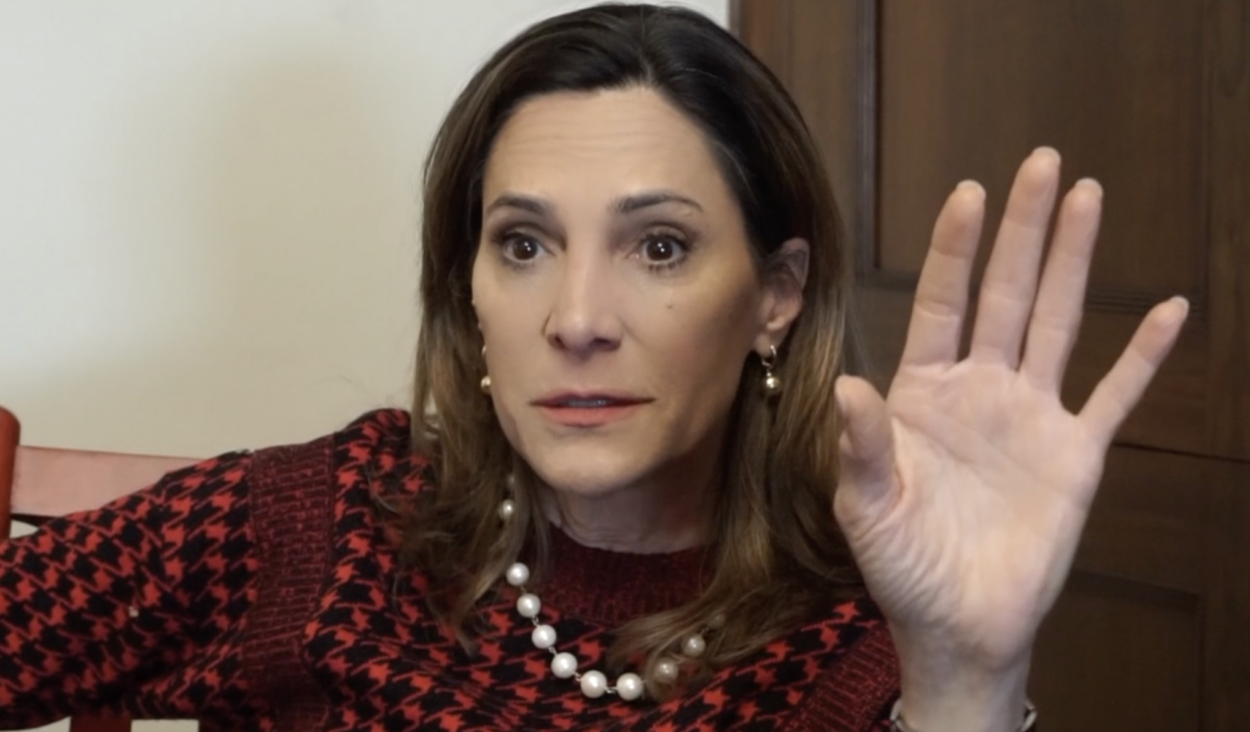As Gov. Ron DeSantis tries to kick start Florida’s lagging economy with a marketing campaign to encourage visitors to come back, the Florida College Access Network (FCAN) is coming at it another way – by promoting education after high school for all.
Florida is about to celebrate Labor Day, a day dedicated to honoring workers, with record numbers of Floridians out of work. But a new campaign called “Talent Strong Florida” hopes to lead Florida to a stronger economy by selling the idea that all Floridians need postsecondary education, whether that’s a four-year college degree, an associate degree, a certificate, or training for an in-demand trade.
According to a recent FCAN survey, 58% of Floridians said they have suffered job loss, reduced hours, or pay cuts as a result of COVID-19, and 35% said they would need additional education or training to find work with the same wages or income. Those with the least education have been the hardest hit.
“Florida has an opportunity to build a resilient, recession-proof economy that can withstand the current pandemic and any future crisis that Florida might face,” said Charleita M. Richardson, FCAN executive director. "Past recessions have taught us that Floridians who only have a high school education are hit harder by job losses than those with more education, and most new jobs require degrees and credentials beyond high school. Creating a path for all Floridians to access higher education and training can accelerate Florida’s recovery and put more Florida families on the path to economic mobility.”
Richardson noted that Floridians with bachelor’s degrees, on average, annually earn more than double what those with only a high school diploma do, and the top 10 fastest-growing jobs in Florida all require degrees and certificates beyond high school.
The campaign is intended to support the state’s SAIL to 60 initiatives, a statutory goal to increase the percentage of working-age Floridians with a high-value postsecondary certificate, degree or training experience to 60% by 2030. Currently, 52% of Florida’s working-age population holds a college degree or workforce credential.
The gap is even greater among Blacks and Hispanics, who will make up 53% of the workforce by 2030 but who trail white Floridians by double digits in earning degrees. Blacks and Hispanics also make up bigger portions of Florida’s low-income population, and only 10% of low-income students complete a degree by age 25.





